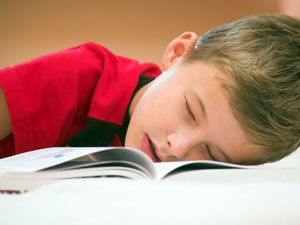According to scientists, the key to learning and memory in early life is a lengthy nap.
Trials with 216 babies up to 12 months old indicated they were unable to remember new tasks if they did not have a lengthy sleep soon afterwards.
The research team suggested the best time to learn may be just before sleep and emphasized the importance of reading at bedtime.
Experts said sleep may be much more important in early years than at other ages.
People spend more of their time asleep as babies than at any other point in their lives.
British and German scientists at the Sheffield University and Ruhr University Bochum say “strikingly little is known” about the role of sleep in the first year of life.
They taught six- to 12-month-olds three new tasks involving playing with hand puppets.
Half the babies slept within four hours of learning, while the rest either had no sleep or napped for fewer than 30 minutes.
The next day, the babies were encouraged to repeat what they had been taught.
The results, published in Proceedings of the National Academy of Sciences, showed “sleeping like a baby” was vital for learning.
On average one-and-a-half tasks could be repeated after having a substantial nap.
Yet zero tasks could be repeated if there was little sleep time.
A study last year uncovered the mechanisms of memory in sleep. It showed how new connections between brain cells formed during sleep.
There is also growing interest in sleep and memory at the other end of life.
The two go hand in hand in your twilight years, particularly with underlying neurodegenerative disorders such as dementia.
It is hoped that boosting sleep would “slow the rot” of memory function.
